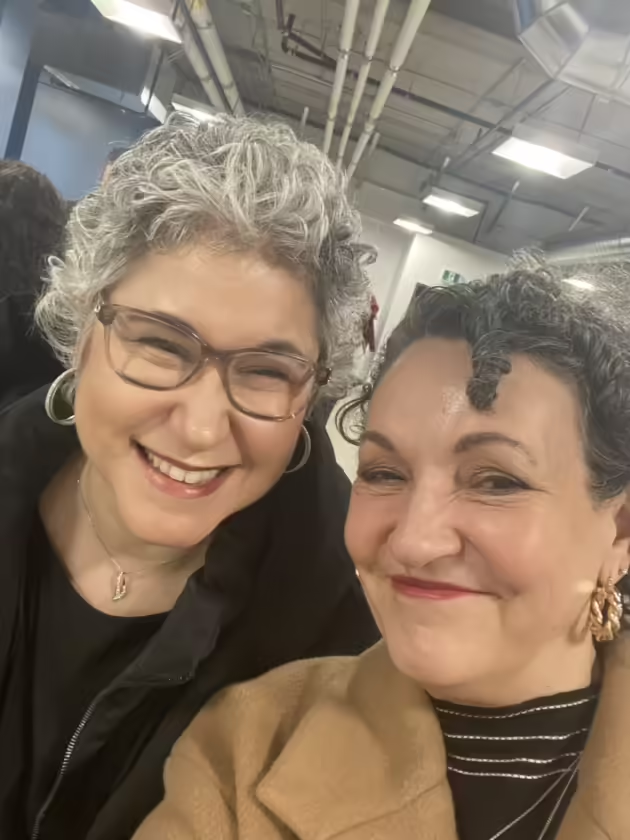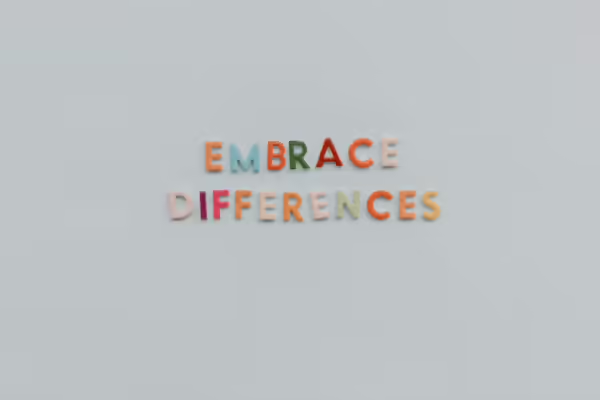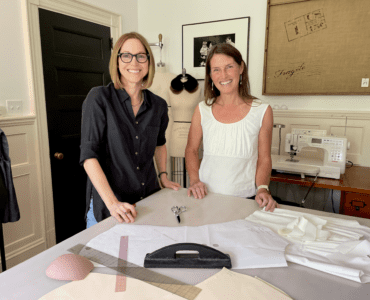In a sea of 50,000 runners winding their way through the streets of London on a bright April day, one woman stood out—not because she was faster or louder, but because she ran uncovered, proud, and completely topless. Louise Butcher, a breast cancer survivor and advocate for body autonomy, ran the 2025 London Marathon topless — for the second time. In 2024, she was the first woman in the world to do so, earning her a Guinness World Record. Louise’s powerful and deeply personal act wasn’t just about making headlines—it was about rewriting the narrative of what it means to be a woman, a survivor, and a “flattie.”
Her chest, a canvas of courage, bore a simple yet resounding message in bold marker: “Breasts don’t make the woman.”
Who Is Louise Butcher?
Louise Butcher isn’t a celebrity. She’s not an influencer or a professional athlete. She’s a woman who faced one of life’s most terrifying diagnoses—breast cancer—and lived to tell the tale. She made the deeply personal choice to “go flat” after her double mastectomy, rejecting reconstructive surgery in favor of living in a body that tells the truth of her journey.
Like many “flatties” who choose against breast mound reconstruction, Louise’s choice wasn’t about giving up. It was about reclaiming power. She knew from the moment of diagnosis that cancer would change her life, but it wouldn’t strip her of her dignity. And certainly not her femininity.
Her story reflects a powerful, collective reckoning shared by women across the globe: breasts do not define womanhood. Strength does. Survival does. Showing up, as she did, bare-chested and bold, does.
The Marathon Statement
The London Marathon is a global institution. Each year, tens of thousands of runners from around the world gather not just to test their endurance, but to raise money and awareness for causes close to their hearts. Louise Butcher used her run to support breast cancer awareness in a way no one ever had.
Running 26.2 miles is no small feat, but doing so topless—in a society still riddled with double standards and deeply ingrained taboos—takes a different kind of stamina.
Louise wasn’t trying to shock anyone. Her topless run wasn’t an act of rebellion for rebellion’s sake. It was activism with a deeply personal message: We do not need to hide our scars.
She wanted people to see the truth—that life after breast cancer can look different, and that difference deserves to be seen, acknowledged, and accepted. In conversations with reporters Louise said, “I did it to provoke a debate about why there is shame for a woman who has got no breasts? I haven’t got shame now but it’s because I show it. I feel that hiding it is what causes the shame.”
Why the Flat Movement Matters
For years, the prevailing message to women undergoing mastectomy was: You should reconstruct. Breasts, it was implied, were essential to womanhood. For too long, flatness has been seen as a last resort, a compromise, or something to be hidden. But that perception is changing, led by courageous women like Louise, who are rewriting the narrative of post-cancer bodies.
The Flat Movement, a grassroots wave of advocacy and body positivity promoted by organizations such as Not Putting on a Shirt, argues that choosing not to reconstruct is not a failure, but a legitimate, empowered, and often liberating choice. Research shows that 75% of women who opt for flat after breast cancer are happy with their decision.
Louise’s marathon run puts this movement in the spotlight. She didn’t just run without a shirt—she ran without apology. She ran for every woman who’s felt pressured to “fix” her body. She ran for visibility, for agency, and for a world where breastlessness is not pitied, but normalized.
Public Reaction: Controversy, Support, and Conversation
The response to Louise’s topless marathon run was predictably mixed. Some praised her courage and hailed her as a trailblazer. Others criticized her for what they saw as indecency. However, for Louise, the controversy was part of the point. The discomfort people felt, she said, was the very reason she did it.
Online, messages of support poured in from fellow breast cancer survivors, many of whom said they’d never seen their own experience reflected so boldly in public. Her run created ripples—sparking important conversations about how society defines beauty, femininity, and survivorship.
Visibility as Healing
For many flatties, the scars of breast cancer are not just physical—they’re emotional and psychological. The pressure to conform, to “bounce back,” and to look “normal” again can be overwhelming. But visibility, as Louise demonstrated, can be a radical form of healing.
When you see someone like Louise—joyful, strong, proud, and flat—you start to believe it might be possible for you too.
Representation matters. Louise didn’t just show up for herself; she showed up for everyone who’s been told they need to cover up, conceal, or be ashamed. Her bare chest said what many still struggle to voice: This is survivorship. This is beauty. This is enough.
Said Louise to well-wishers who congratulated her for her courage, “I am overwhelmed by all these beautiful comments, thank you but remember it takes support & a willingness to encourage change to validate, you are all part of this as well.”
Beyond the Finish Line
Louise Butcher’s marathon wasn’t just a race; it was a moment in history. The first woman to run the London Marathon topless didn’t just cross a finish line—she crossed a cultural boundary. And she didn’t do it alone. She carried with her the stories, fears, and hopes of countless others.
Final Thoughts: Breasts Don’t Make the Woman
Louise Butcher’s topless marathon wasn’t about vanity, shock value, or defiance. It was about truth. About a woman owning her story so fully, so unapologetically, that the world couldn’t look away.
Her message was simple and searing: Breasts don’t make the woman. Courage does. Choice does. Living does.
In a time when women’s bodies are still politicized, policed, and prescribed, Louise reminds us that liberation often starts with visibility. And sometimes, it looks like a woman, flat-chested and free, running through the heart of London, one powerful stride at a time.
Watch for Louise’s new book “Going Topless” coming soon, published through Pegasus. Shameless plug but you can also pick up a copy of my book “Flat Please, Hold the Shame” from Amazon.



